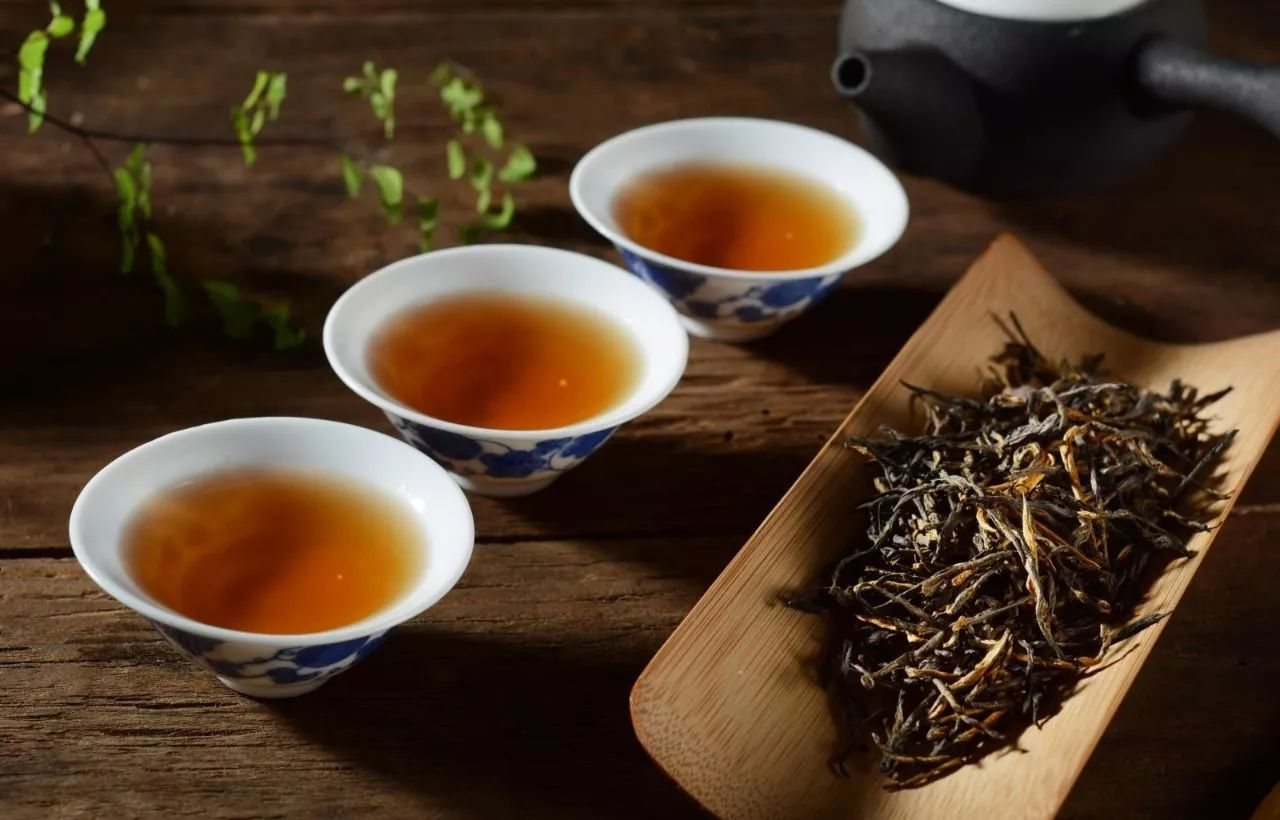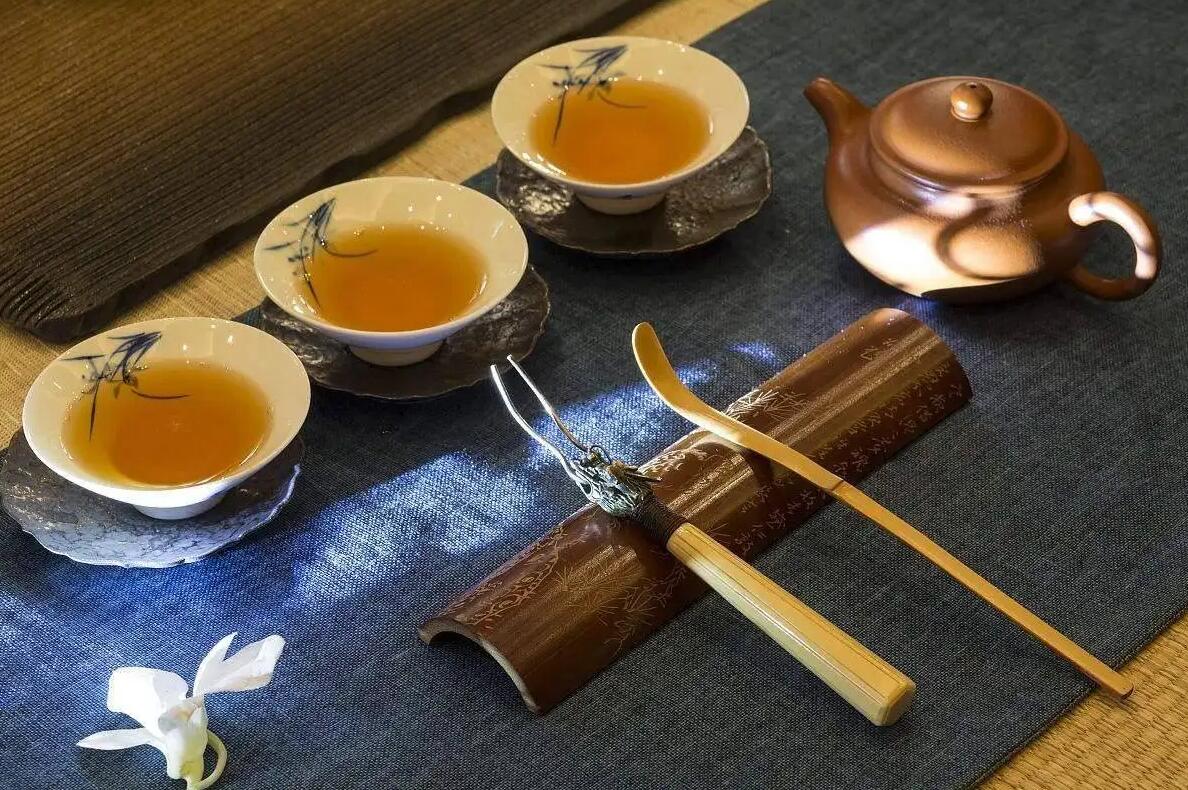The chanoyu ceremony, an extremely codified ritual consisting of hundreds of different steps, is the most elaborate form of expression of the Way of Tea. Practiced according to the four principles defined by Sen No Rikyu, its purpose is to lead its practitioners to a spiritual dimension by offering and receiving tea in an atmosphere imbued with harmony and humility.
"Che no yu" literally means "water for tea." There are two principal methods of presenting chanoyu: chaji and chokai. Chaji, the more formal of the two, lasts three to four hours and includes a maximum of four participants. The guests are first received with great ceremony in the garden before being invited to a meal (kaisekz) in the teahouse. After a short pause, the host prepares the most formal moment of the event, the serving of a thick Matcha tea (koicha), which is followed, after another pause in the garden, by a lighter Matcha tea (usucha). These proceedings are accompanied by expressions of courtesy and respect and long moments of meditation.
A shorter version of chaji, known as chakai, lasts only 30 to 45 minutes. During this ceremony a light tea is served together with sweets. This is the most appropriate method for a large number of participants.
THE SEVEN RULES OF CHANOYU SET BY SEN NO RIKYU
The seven rules set by Sen No Rikyu represent, in the form of statements accompanied by simple illustrations, the procedures that must be respected during the chanoyu ceremony. At first glance they seem easy to follow, but, once the underlying essence of each one is understood, it becomes apparent that they require total personal involvement as well as paying close attention to the needs of one's guests.
• "Arrange the flowers as they grow in the fields." Flowers should be arranged in such a way as to suggest nature in all its simplicity.
• "Arrange the charcoal to heat the water" This statement refers to the effort, the ability and the sincerity that the host must devote to this preparation.
• "In summer; evoke coolness." Everything must be done to make guests feel comfortable, including adapting the environment to the mood of the season.
• "In winter, evoke warmth"
• "Take care of everything ahead of time." Every detail must be carefully planned.
• "Be prepared for rain." The host must be prepared for all eventualities.
• "Give every one of your guests your full attention."



